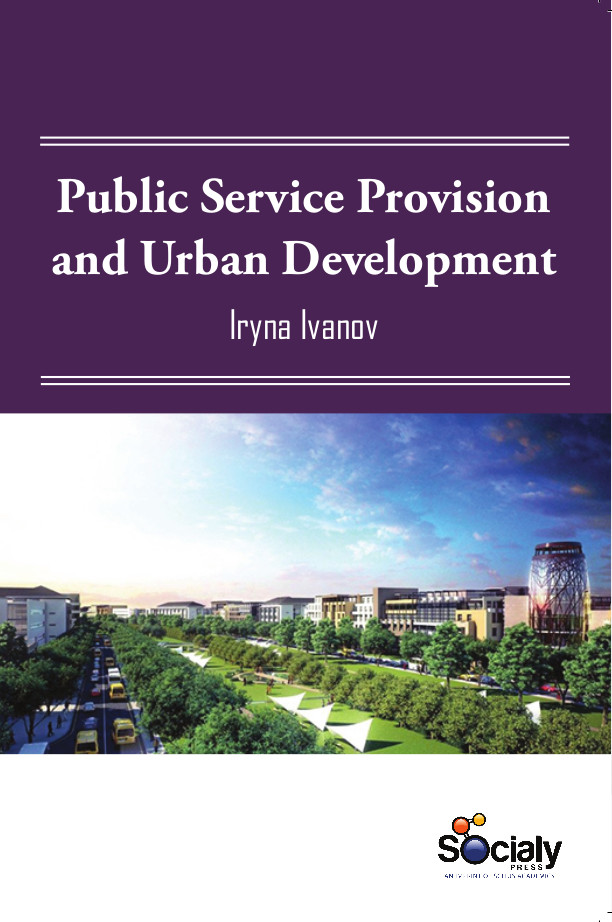The provision of public services—such as health care, education, sanitation and criminal justice—is a key task for government. People care about public services and depend on them being delivered well. Public services provide the most common interface between people and the state, and their functioning shapes people’s sense of trust in and expectations of government. At a national level, public services underpin human welfare and economic growth and need to be delivered with integrity, cantered around citizens, and responsive to their needs, particularly the needs of the most vulnerable. Promoting greater transparency and enabling ordinary citizens to assess the quality, adequacy and effectiveness of basic services, to voice their needs and preferences and to become involved in innovation offers an opportunity to enable better use of public funds, and improve service delivery. It is also recognized that urban service delivery is an integral part of urban development and enables cities to have economies of scale and economies of settlements. As a result, urban policies, institutional arrangements and initiatives have developed a frame-work of urban infrastructure to produce and deliver urban services to a cross-section of consumers. The citizen focus on services has involved three main factors namely efficiency, resource mobilization and equity. However, the gap in the normative base of urban services has significantly increased over a period of time across the countries with a particular reference to developing economies. At the same time innovative methods for alternative institutional arrangements, new patterns of financing covering marked borrowings, PPP and community mobilization have also emerged and recognized by international community.
Public Service Provision and Urban Development encompasses a number of major themes related to the analysis of public services. The text evaluates sustainability in urban centres from a social, economic, and environmental perspective. It shows how cities can improve and sustain housing, land use, business activity, and infrastructure. This Book will be of great interest not only to political scientists but also to geographers and to sociologists or for those related with community organizations, non-profit advocacy groups, and government sustainability agencies.













